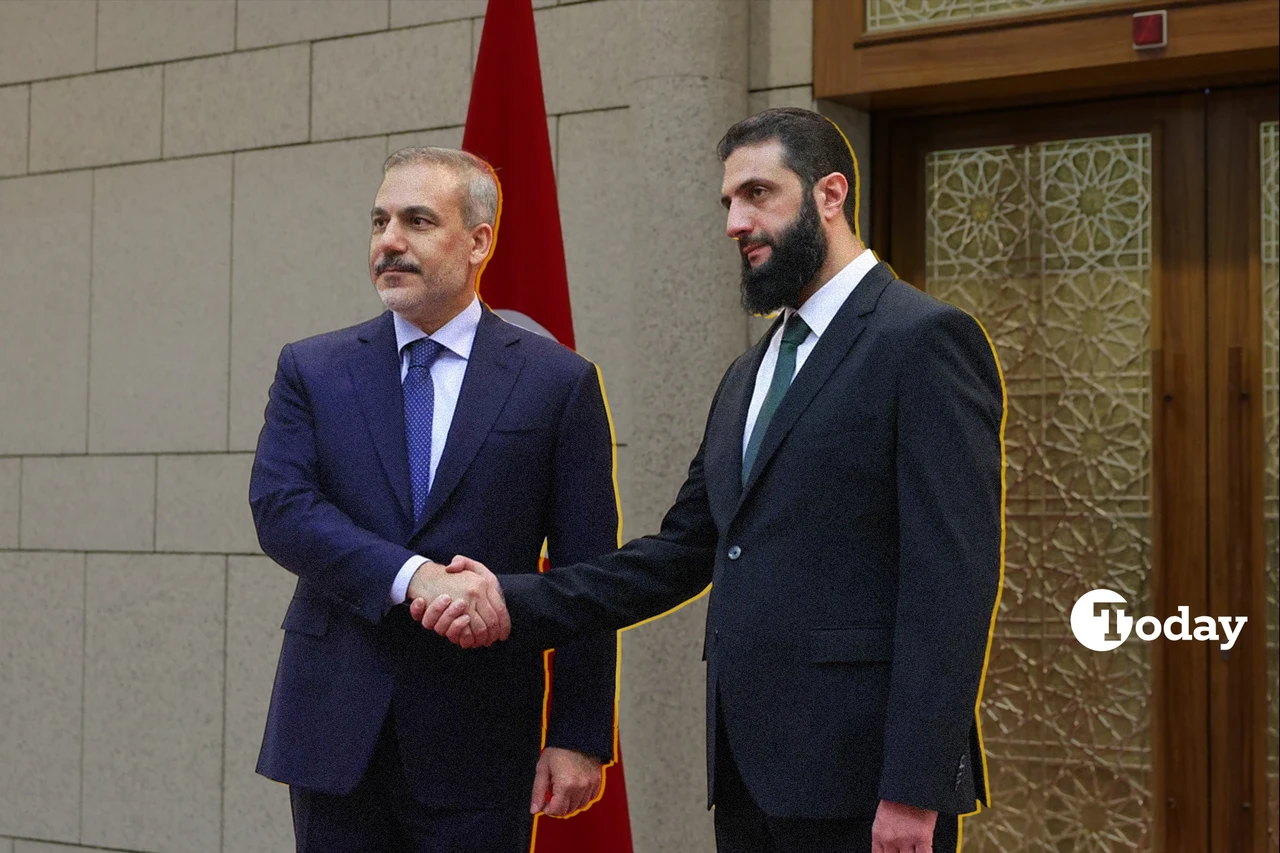Details emerge on historic prisoner exchange coordinated by Turkish intelligence
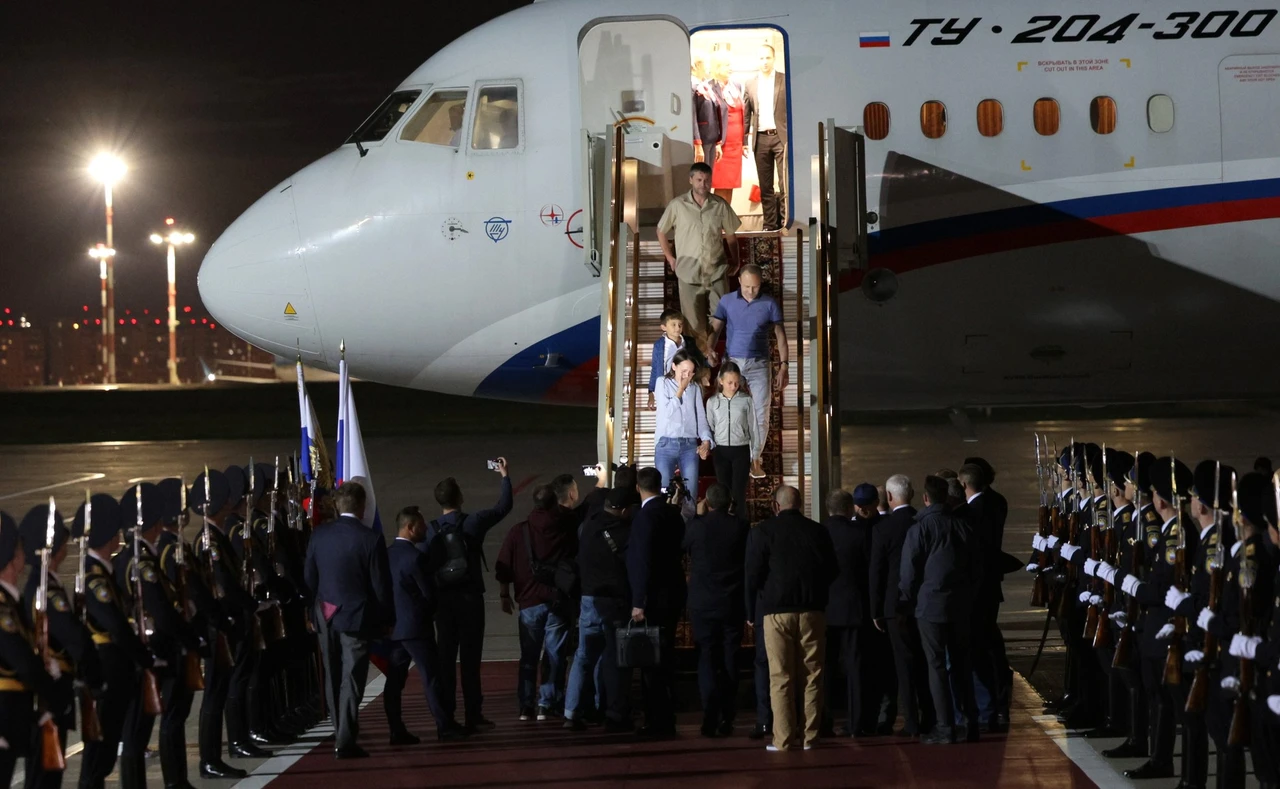 Russian President Vladimir Putin welcomes prisoners released following the swap deal, Moscow, August 01, 2024 (AA Photo)
Russian President Vladimir Putin welcomes prisoners released following the swap deal, Moscow, August 01, 2024 (AA Photo)
Details of the extensive prisoner exchange operation involving the U.S., Germany, Poland, Slovenia, Norway, Russia and Belarus, facilitated by Türkiye, have emerged.
The operation, involving 26 individuals in total, took place in Ankara under the coordination of Turkish intelligence.
U.S. President Joe Biden, who observed the historic event live closely monitored the operation.
According to security sources, two critical meetings involving all relevant countries were held in Istanbul and Ankara over the past two months.
Both the U.S. and Russia preferred to conduct the exchange in Türkiye because of the strong trust in Turkish authorities.
Türkiye’s reputation for handling such operations smoothly and maintaining confidentiality played a crucial role in this decision.
Turkish officials assured both the U.S. and Russia that no public statements would be made until they were ready. Esenboga Airport was chosen as the exchange location for its easier control and security.
On Aug.1, 26 individuals were transferred to Türkiye via seven planes: two from the U.S., and one each from Germany, Poland, Slovenia, Norway and Russia.
As part of the operation, some hostages were moved between planes or to a separate room.
Intelligence personnel conducted health checks and identity verifications for the hostages.
Those arriving from Russia in prison uniforms were given new clothing provided by the U.S. side.
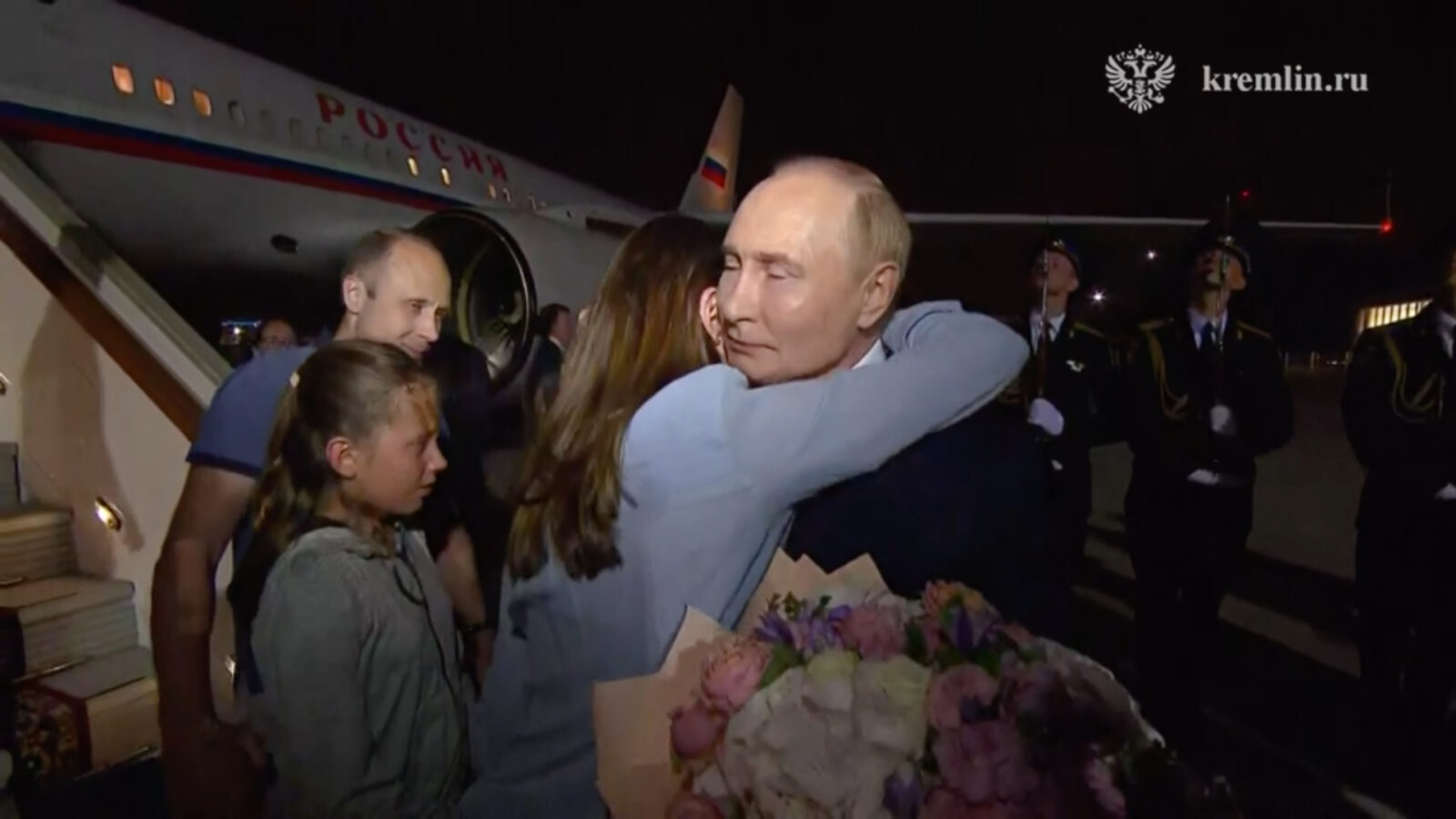
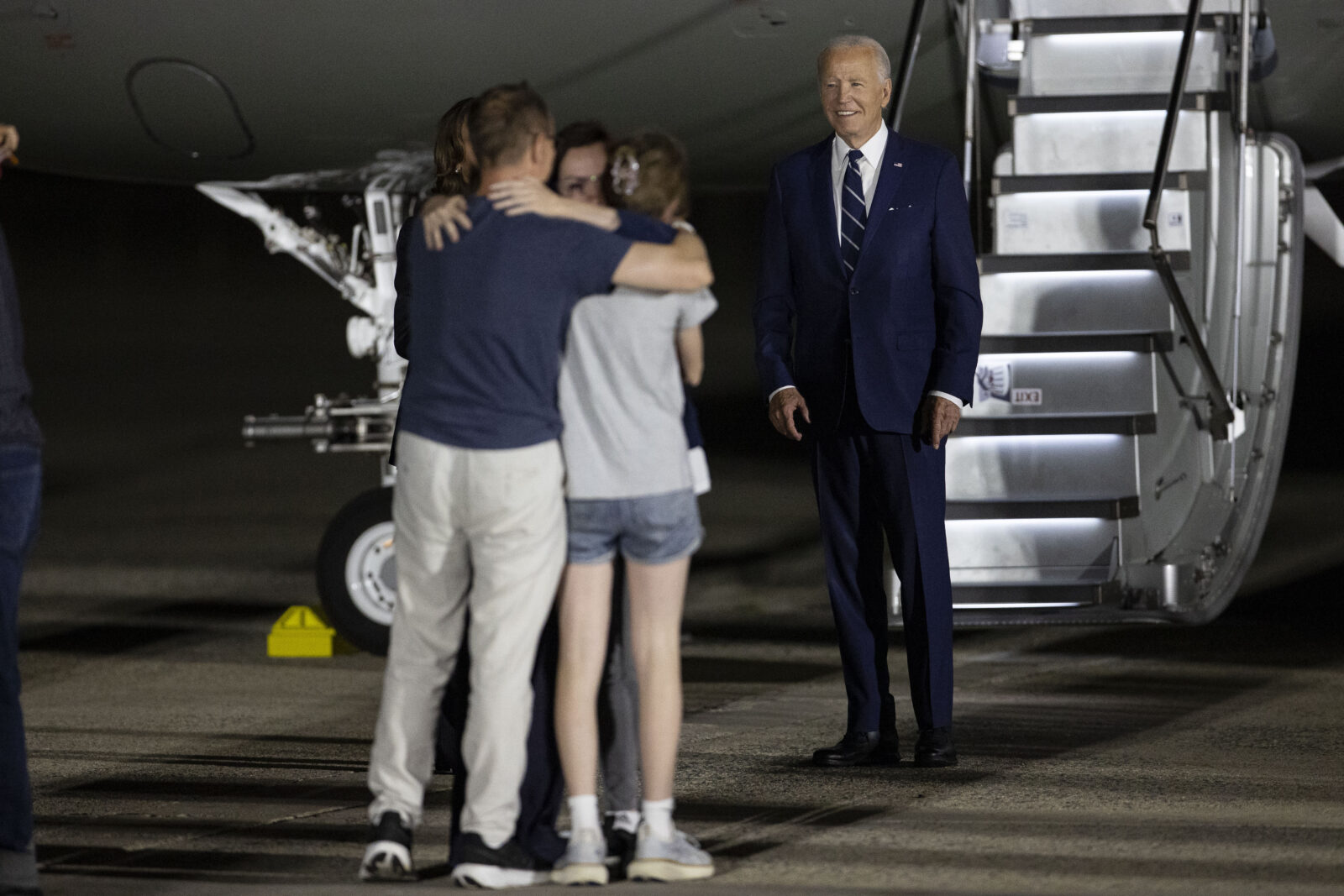
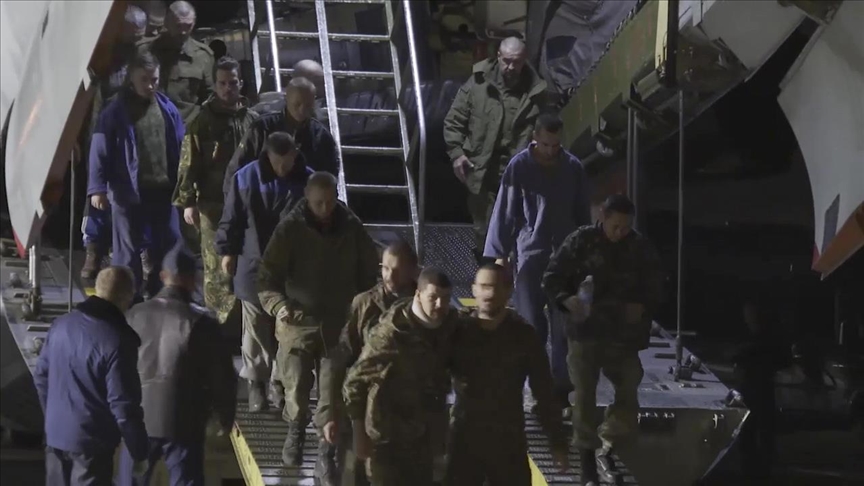
Biden watched live
U.S. President Biden also watched the exchange operation live. American hostages had their first meetings with Biden at Esenboga. Subsequently, 10 hostages, including two children, were transferred to Russia, 13 to Germany and three to the U.S.
After the operation, Biden held a press conference and called President Erdogan to express his gratitude.
The operation was recorded as the largest exchange in the last 80 years since World War II.
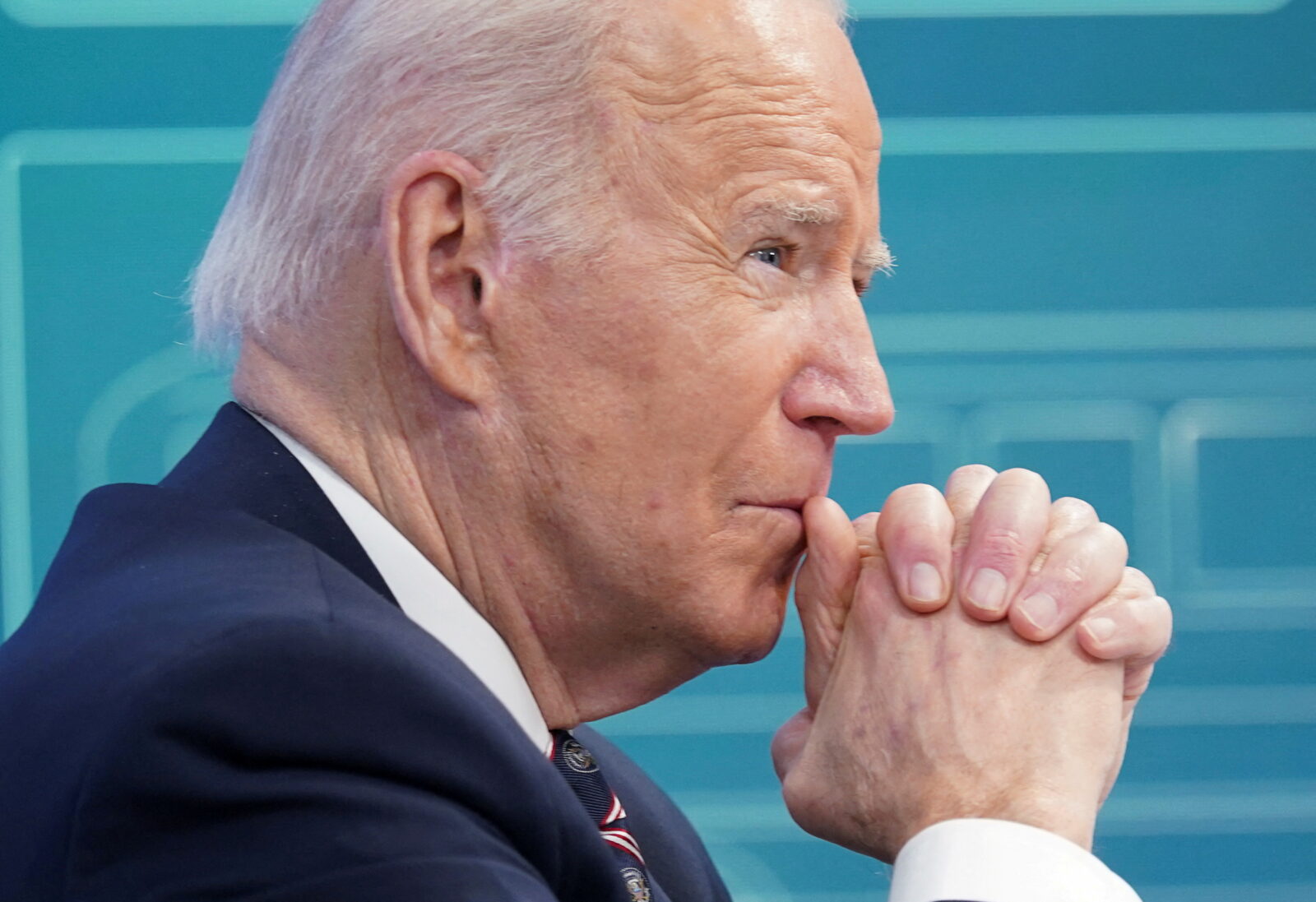
Notable names in exchange
Among those exchanged in the historic operation were Evan Gershkovich, a journalist for The Wall Street Journal (WSJ), former U.S. Marine Paul Whelan, German mercenary Rico Krieger, Russian opposition figure Ilya Yashin and Vadim Krasikov – an officer of the Russian Federal Security Service (FSB).
Gershkovich, who began his role as a WSJ journalist in Moscow in 2022, was detained in March 2023 on espionage charges in Yekaterinburg, approximately 1,600 kilometers (994 miles) east of Moscow.
The FSB accused Gershkovich of working for the CIA to obtain “secret information” from a Russian tank factory. After over a year of legal proceedings, Gershkovich was convicted of espionage in July and sentenced to 16 years in prison, becoming the first American journalist convicted of espionage in Russia since the Cold War ended.
Paul Whelan, a former U.S. Marine, was also accused of espionage for allegedly collecting secret information. He was detained in December 2018 and sentenced to 16 years in prison by a Russian court in June 2020. Whelan had spent the longest time in prison among those released in the exchange.
Ilya Yashin, a known Russian opposition figure, had been involved in numerous protests and faced multiple short-term prison sentences. In 2022, he was added to the Russian Ministry of Justice’s list of foreign agents for receiving payments from abroad. Yashin was detained that year for making false claims about the Russian army online and sentenced to 8.5 years in prison. He was also known for his association with Aleksey Navalny, the prominent Russian opposition figure who died in prison.
Rico Krieger, a German mercenary born in 1993, admitted to traveling to Belarus as a tourist and conducting sabotage activities there under Ukrainian intelligence’s guidance, including photographing military facilities. Krieger was sentenced to death on June 24, but was later pardoned by Belarusian President Aleksandr Lukashenko.
Vadim Krasikov, convicted in Germany of murdering Georgian citizen Zelimhan Hangoshvili, was also sentenced to life imprisonment.
